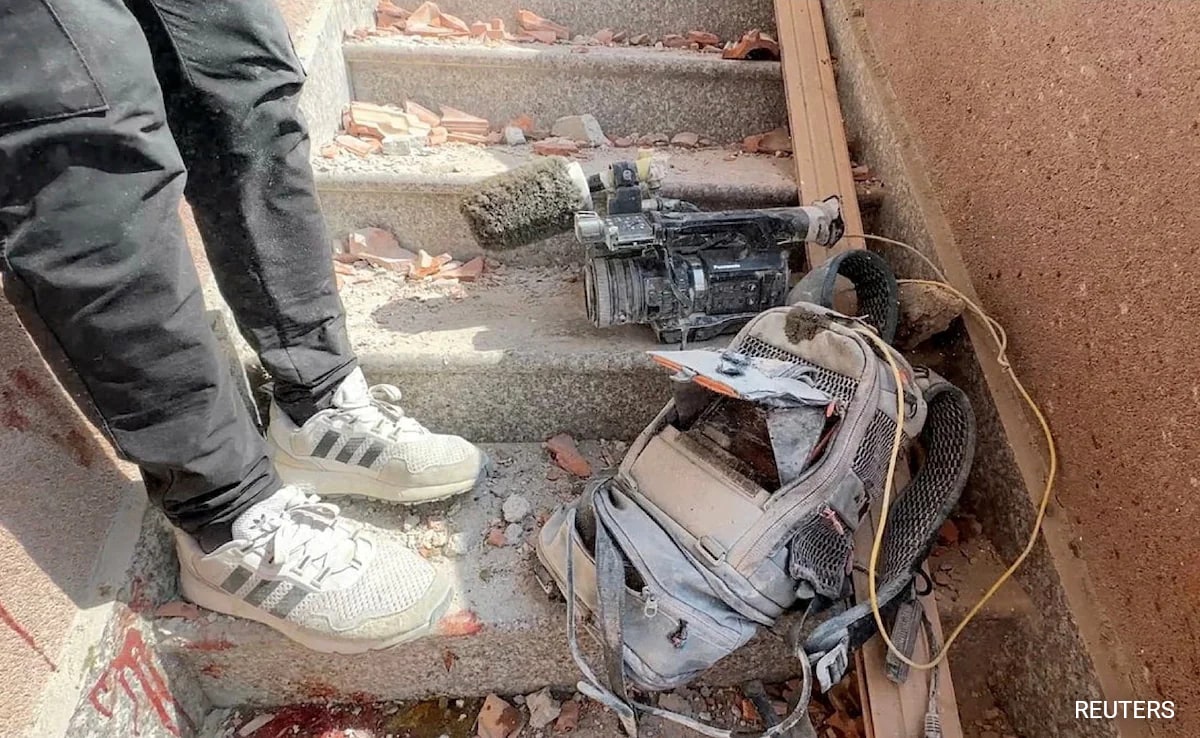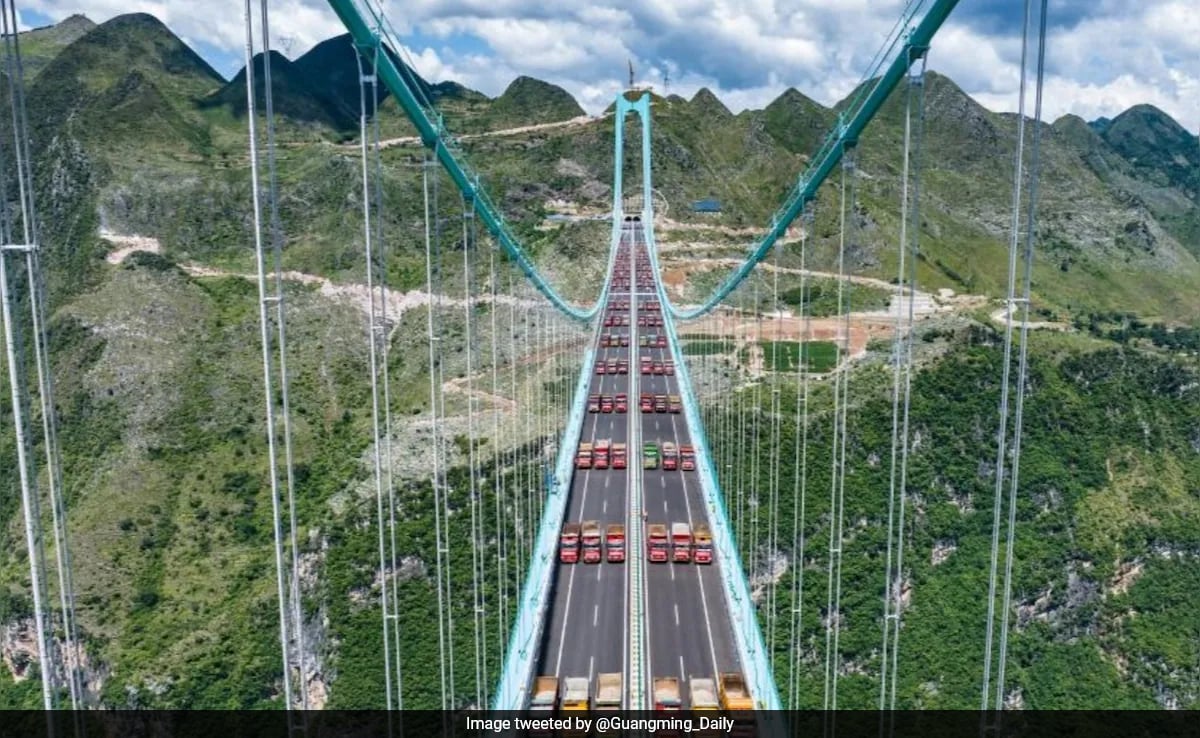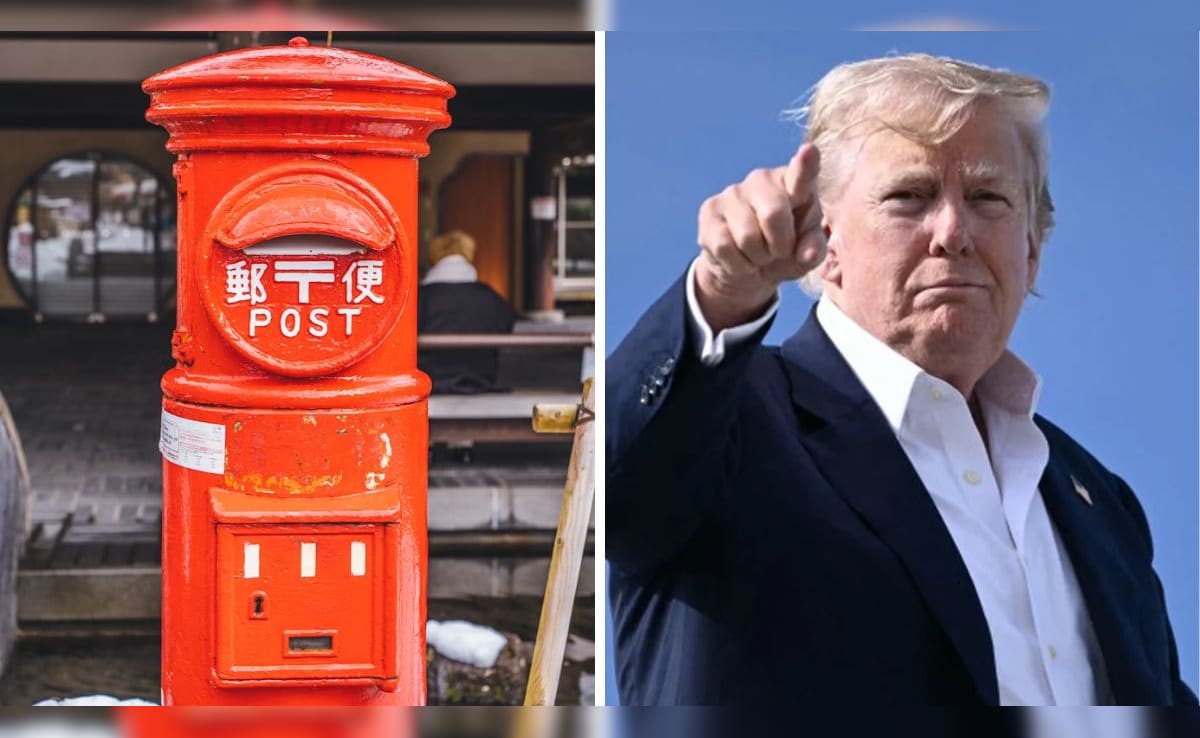The younger Gaddafi was never extradited to face the charges. He was held by rebel forces for several years after his father died and since his release has remained largely out of the public eye, even as Libya fell into chaos in the decade after the end of his fatherâs rule.
On Sunday, in the southern town of Sabha, he registered as a candidate in the countryâs upcoming election â a process that has spurred wariness among many Libyans and observers but that foreign powers insist is necessary in order to stabilize the country after years of war.
Hanan Salah, Libya researcher for Human Rights Watch, said the move showed the lack of rule of law in Libya. âIn my view, the next police officer in Sabha should be arresting him,â Salah said.
Yet Gaddafiâs signing of the requisite paperwork made for a fairly unremarkable scene.
Footage shows him dressed in a brown turban and robe, with glasses and a beard, calmly signing his name on documents at the guidance of election officials.
Although not entirely unexpected, Gaddafi officially putting his name in for the presidential elections adds a new dynamic to the already fraught electoral period.
âThe timing couldnât be more sensitive,â Salah said.
The presence of armed groups and mercenaries remain rife throughout the country. Khalifa Hifter, who leads the Libyan National Army in the countryâs east and received backing from Russian mercenaries, is also expected to formally announce a bid for the presidency.
Observers have expressed uncertainty that the elections will be free and fair. Still, the international community is pushing for them to take place as planned.
Leaders from several countries including Libya and the United States attended a conference in Paris last week and threatened to sanction any parties that interfere in the elections.
Concerns over the ability for these elections to be free and fair have âcompletely been brushed aside and itâs become this obsession with Dec. 24 which is a completely random date,â Salah said.
.png)











 English (United States) ·
English (United States) ·  Turkish (Turkey) ·
Turkish (Turkey) ·